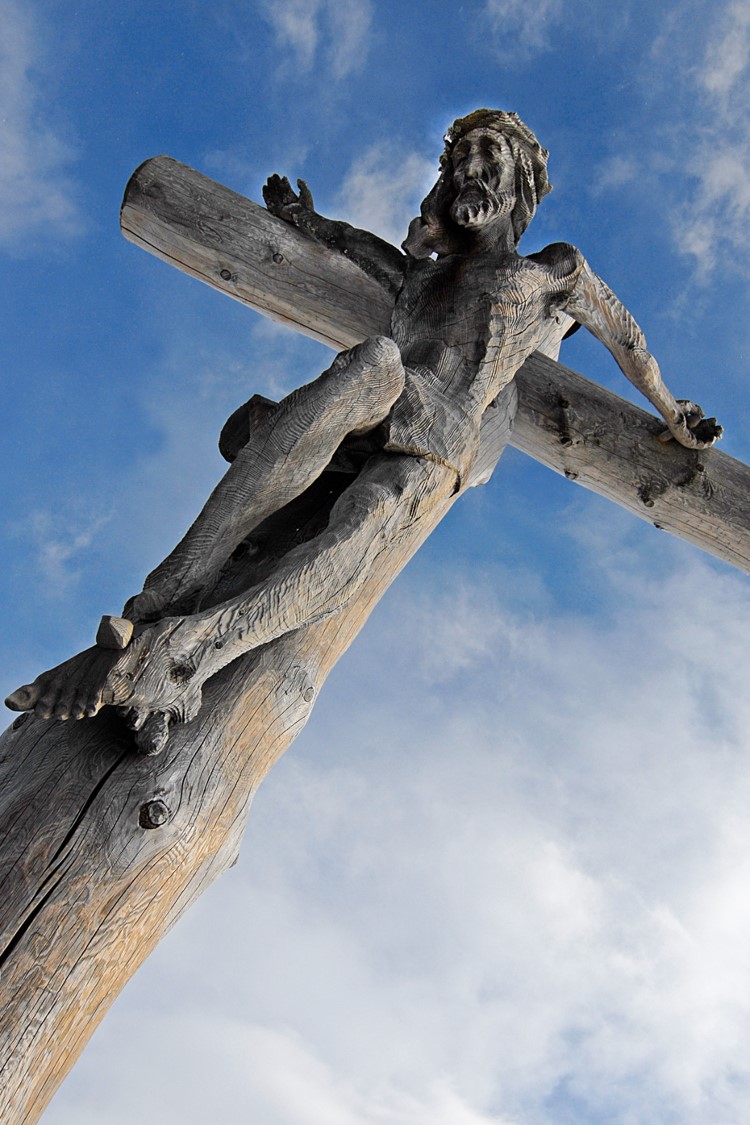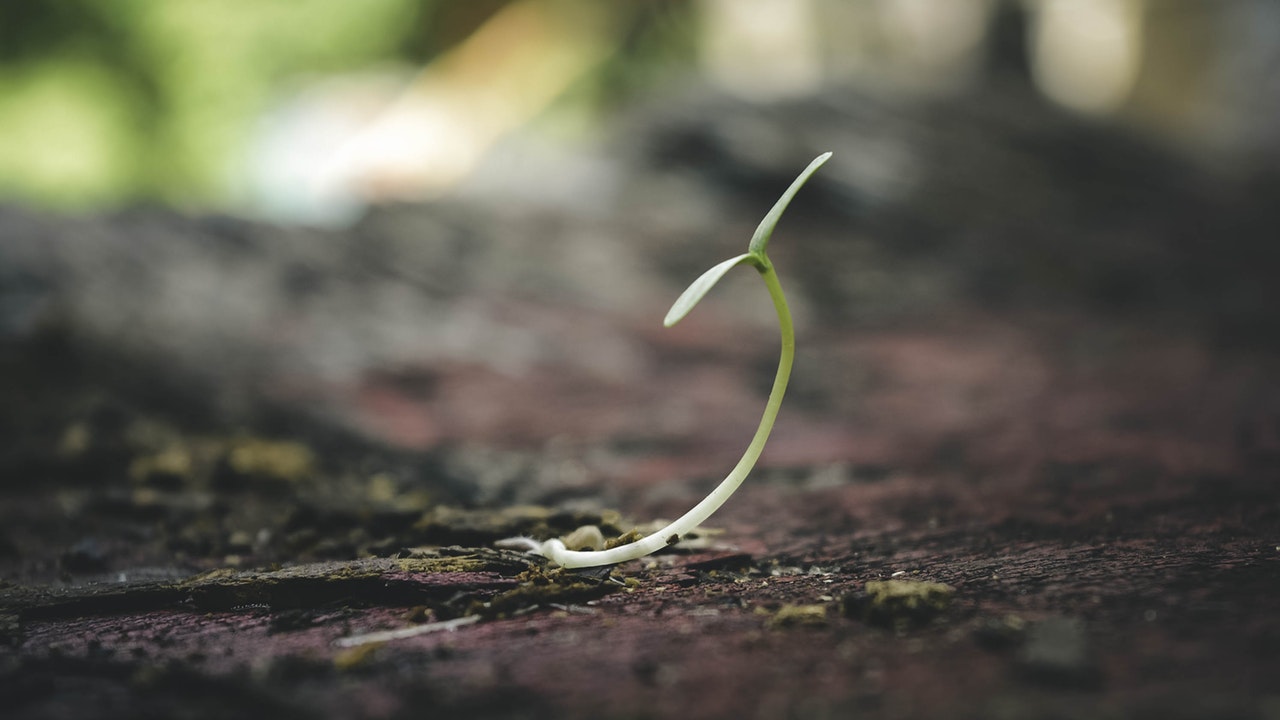Reflection for the 5th Sunday of Lent. Year B. 2018
– By Fr Ugo Ikwuka
Archway, London
Of all the books I’ve read, Children’s Letter to God is the most exciting thanks to the raw humanity expressed by the children.
A child of five wrote:
“Dear GOD, Thank you for the baby brother, but what I prayed for was a puppy.”
Another wrote: “Dear GOD, Did you really mean “do unto others as they do unto you”? Because if you did, then I’m going to fix my brother.”
A child of six wrote: “Dear God, I love you because you give us what we need to live but I wish you would tell me why you made it so we have to die.”

How awesome! Indeed, of all the traumatic human experiences, death has remained the most devastating. Ironically, the one thing that is certain is the one thing that humans never come to terms with.
Life is never the same for the bereaved. What makes death most painful is that element of finality. It is the end (of life) and a loved one is gone for good.
Curiously however, the Christian faith faults this understanding that makes death unbearable. In the Mass of the Dead, the Church affirms: “Indeed for your faithful Lord, life is changed not ended ….”
And this reflects the view of Jesus for whom death beckons as Good Friday approaches. Contrary to many who see death as an interruption in their life and mission, Jesus saw death as a fulfilment of his life and mission.

On many previous occasions that the people planned to entrap him, Jesus always escaped from them because “his hour had not yet come” (John 7:30; 8:20). But now his hour has come as he acknowledges in this Sunday’s Gospel: “The hour has come for the Son of Man to be glorified…. And what should I say — ‘Father, save me from this hour’? No, it is for this reason that I have come to this hour”.
Jesus uses the parable of the grain of wheat to explain that by shying away from death when the hour has come, one only reduces one’s life and mission (“unless a wheat grain falls on the ground and dies, it remains only a single grain”) whereas by giving oneself up to death when the hour has come, one enhances it (“it yields a rich harvest”).

Of course the grain does not actually die but is totally transformed into something completely new: roots, leaves and fruit.
Similarly the caterpillar lets go of being a caterpillar to become transformed into something altogether different and often much more beautiful – a moth or a butterfly.
Like the grain of wheat, at the appointed time, Jesus has to let go of everything, including his own life, in order to bring life to himself and many others – he was glorified and it is also only through his death that his followers now have the benefit of faith and salvation. But Jesus goes further to call us to the same perspective: “Anyone who clings to his life will lose it; the one who is willing to let go will find a much richer life.
Are we ready for that? Are we afraid to let go? Is Jesus asking too much? Without doubt, Jesus himself was deeply afraid when the hour came: “Now my soul is troubled. What should I say: Father, save me from this hour?” Yes, that’s the natural wish in the face of danger.

Referring to this prayer of Jesus in the Garden of Gethsemane, the Letter to the Hebrews (Second Reading) frankly notes: “During his life on earth, Christ offered up prayer and entreaty, aloud and in silent tears, to the One who had the power to save him from death…” In other words, letting go did not come any more easily to Jesus than it does to us.
However, the prayer came in two petitions. The first reflects the natural desire to be freed from danger: “My Father, if it is possible, let this cup pass from me.” The second however is one of complete surrender: “yet not what I want but what you want” (Matthew 26:39). Thus, the second clearly overrides the first. One can therefore say that in the end, Jesus made only one prayer, a prayer of total submission to the will of God.
After sweating blood in fear and trembling, following this prayer, he was able to say “YES”. And God’s will was done in his suffering and death.
Yet, his prayer to be saved from death was ultimately heard when God raised him from the dead to live and reign with Him in glory for ever.
Thus, faced with faith as Jesus did, challenges and even death, like the grain of wheat, have the potential to open new doors with better promises. That was the story of the timid disciples whose hopes were shattered with the death of Jesus but who afterwards became emboldened and empowered to do even more than Jesus did as Jesus himself had prophesied. That too could be the story of your own trials.
The story was told of a little bird that was trying to escape from the freezing winter to a warmer climate. It grew so cold on the way and the bird encountered a winter storm and fell in a farm. It was about to freeze to death when a cow passed by and dropped cow waste on him. The cow dung was warm on the bird and prevented it from freezing to death. Soon the bird felt so comfortable in the warm waste that he began to sing. As the farm cat heard the singing, he dug the little bird out and ate it. The moral of the story: Not everyone who drops shit on you is your enemy, and not everyone who digs you out of the shit is your friend.





